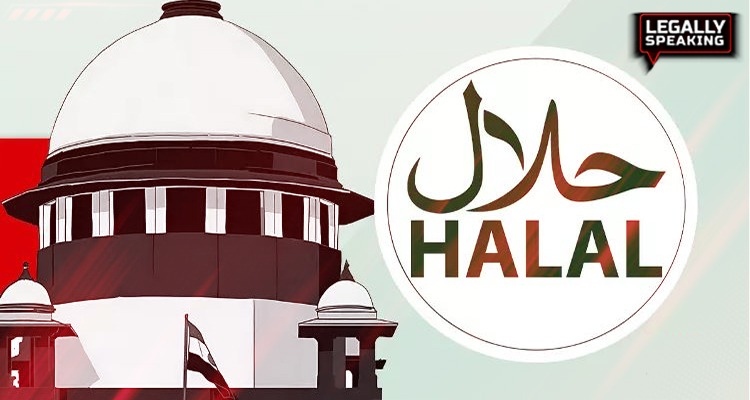
The Supreme Court issued a notice on Thursday in response to another plea challenging the Halal Ban implemented in the state of Uttar Pradesh.
While hearing the plea filed by Jamiat Ulama-e-Hind Halal Trust, a division bench comprising Justices BR Gavai and Sandeep Mehta also granted protection to Jamiat Trust’s chief Mahmood Madani and other office-bearers from any coercive action. The court has agreed to hear the writ petition filed under Article 32 of the Constitution.
Earlier, the same bench had sought the response of the Uttar Pradesh government in a plea filed by Halal India Private Limited and Jamiat Ulama-e-Maharashtra, challenging the ban imposed on halal products in the state. In November 2023, the Uttar Pradesh government had imposed a ban on the “manufacture, sale, storage, and distribution of halal-certified products.”
The argument presented contends that the ban violates fundamental rights and undermines established certification processes, causing disruption for retailers and impacting legitimate trade practices. When questioned about why the High Court had not been approached, Senior Advocate Siddharth Aggarwal and Raju Ramachandran, representing the petitioners, explained that the ban had wide-ranging implications, including interstate trade.
Notably, in 2022, Advocate and Social Activist Vibhor Anand filed a PIL seeking court directions to ban Halal certified products across India, withdraw such products from markets, and declare Halal certifications issued since 1974 null and void. The plea alleged that in India, halal certification is conducted by five or six major certification organizations, including those with religious backgrounds like Jamiat-Ulama-E-Maharashtra and Jamiat-Ulama-i-Hind Halal Trust.
According to the plea, the certification procedure outlined on the website of Jamiat-Ulama-E-Maharashtra indicates that a team of two auditors will audit the production facility. Based on their report and submitted documents, the technical and Sharia committees will assess and approve the certification. The plea asserts that this process lacks scientific or analytical testing of materials or the final product, and these organizations function as influencers for the acceptance of certified products by Muslims worldwide, with no direct government involvement in the process.




